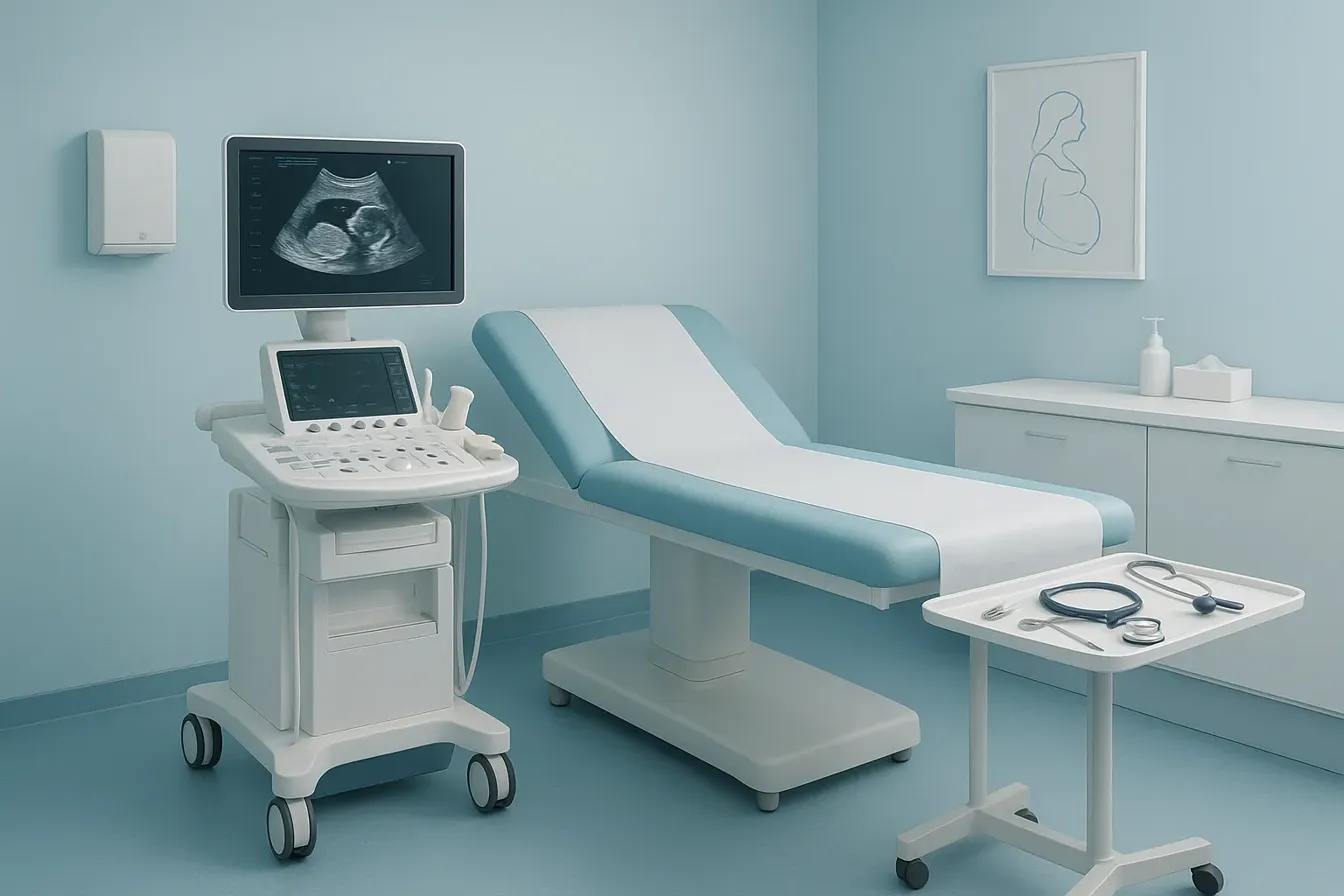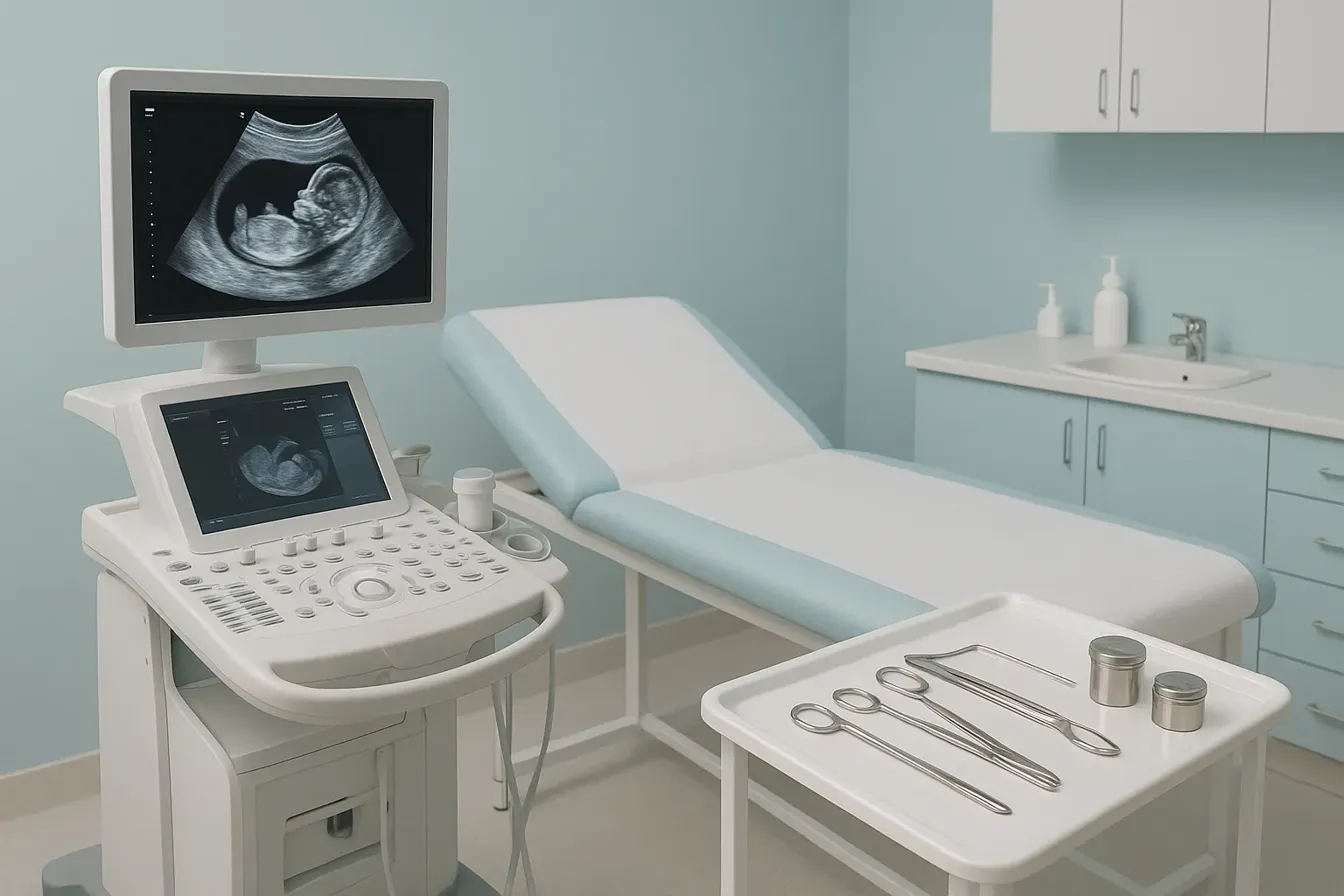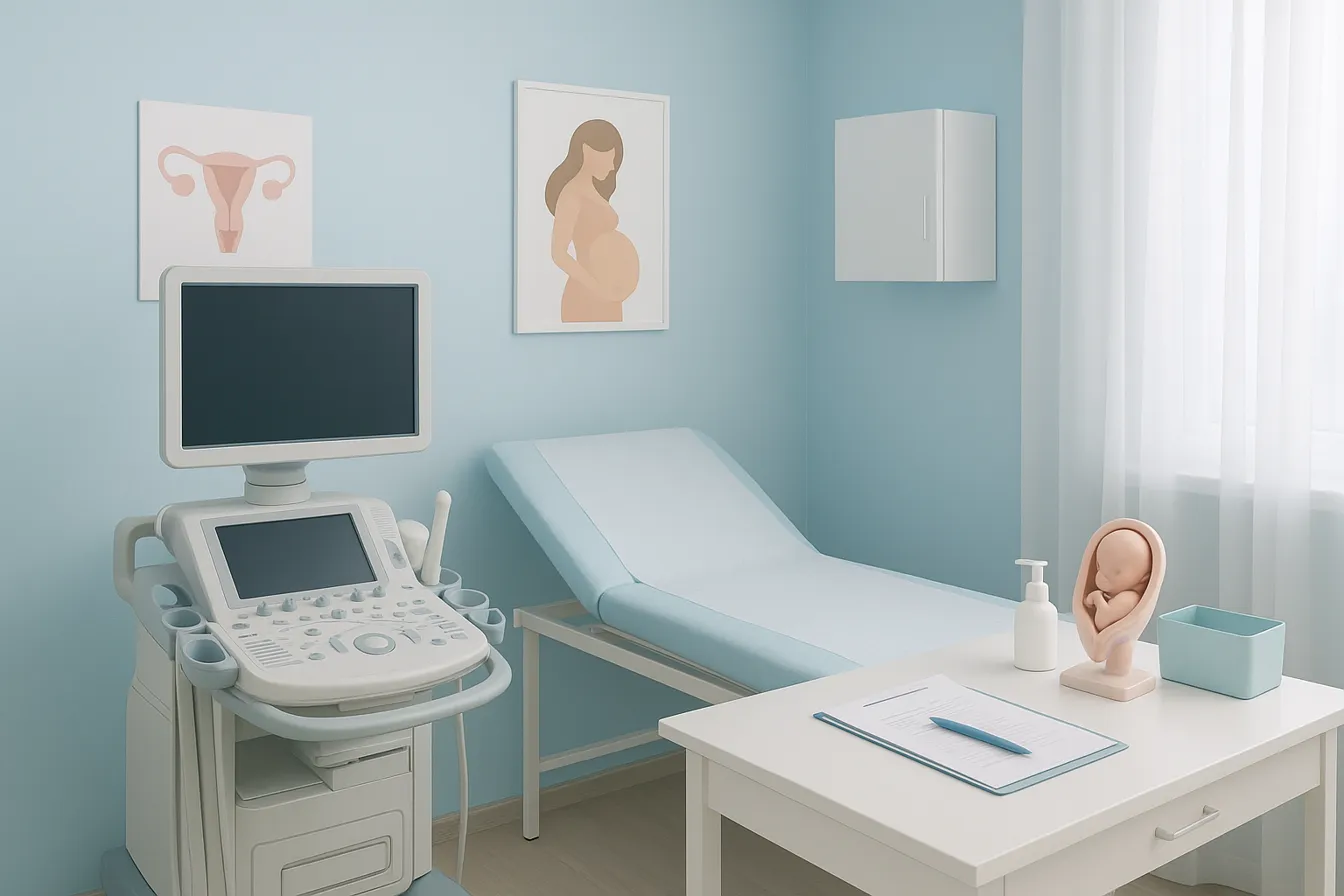Enhancing Pregnancy Outcomes Through Tailored and Respectful Prenatal Care

Your pelvic floor muscles can lose strength over time, especially if you’re a woman who has given birth or might be reaching your menopausal years. Men are also susceptible to pelvic floor weakness as they get older.
Luckily, there are things men and women can do in advance to slow down the degenerative changes that affect your pelvic floor muscles.
Our providers at Raveco Medical offer resources to reduce your risk for complications from weak pelvic floor muscles. They also offer comprehensive gynecology services to ensure you’re functioning optimally.
What the pelvic floor muscles do
Your pelvic floor is made up of a group of muscles that support your bladder, bowel, uterus, and other pelvic organs.
When these muscles weaken due to aging, childbirth, or the loss of hormones during menopause, you can develop issues that affect your physical, sexual, and even mental health. Obesity and overuse of your pelvic floor muscles can also result in long-term complications.
Common side effects of a weak pelvic floor include:
- Painful urination
- Painful sex
- Constipation
- Urinary incontinence
- Bowel incontinence
- Sexual dysfunction
- Lower back pain
Women can also experience vaginal prolapse, a condition where the pelvic floor organs fall down into the vaginal canal.
To avoid these complications, you can start doing simple pelvic floor exercises now to strengthen your muscles.
Exercises to boost pelvic floor strength
To target the weak muscles in your pelvic floor, you can start exercises before you experience symptoms, like urine leaks and sexual dysfunction.
To significantly reduce your risk for developing long-lasting issues, here are exercises you can begin now:
Kegel exercises
Kegel exercises involve tightening and releasing the muscles that control the flow of urine. While sitting in a comfortable position, tighten the muscles just like you would when you go to the bathroom.
As you tighten your muscles, hold your position for up to five seconds before releasing and resting. Repeat the tightening and releasing movements up to 10 times in a session.
Quick squeeze and release exercise
Similar to kegel exercises, quick-squeeze exercises target the pelvic floor muscles. Instead of holding the contracted muscles for a few seconds, focus on squeezing and releasing the muscles as fast as you can.
Take a rest for several seconds in between each set, and aim to repeat the exercises up to twenty times, two times a day.
Squats
From a standing position, keep your feet hip-width apart and flat on the floor. Bend at your knees, and aim your butt toward the floor.
Make sure to keep your back straight, and steady your pace while staying within a healthy comfort range. Repeat the squats in sets of 10 with brief rests in between.
Bridges
A bridge exercise involves lying on your back with your knees bent. Keep your feet flat on the floor, spread hip-width apart. Your arms should be palm-down at your sides.
As you contract your butt and pelvic floor muscles, gently lift your butt off the ground. Hold this position for 5 to 8 minutes before releasing. Repeat this exercise up to 10 times in a session once or twice a day.
Follow through with safety precautions
Before you begin a new exercise program, consult with your doctor. Our team at Raveco Medical can make sure your pelvic-strengthening exercises are safe for you, based on your current health and medical history.
We can also ensure you’re doing the exercises properly and aren’t experiencing any discomfort or pain while you’re working your muscles.
If you’re still struggling with painful sex, urinary incontinence, or other side effects from your weak pelvic floor muscles, we can recommend other therapies. We can also determine if you need a minimally invasive surgery to repair loose or damaged pelvic muscles to better support your pelvic floor organs.
Don’t put off an evaluation for side effects of pelvic floor weakness. Call the Raveco Medical office nearest you to schedule a consultation or book one online today.





.png)